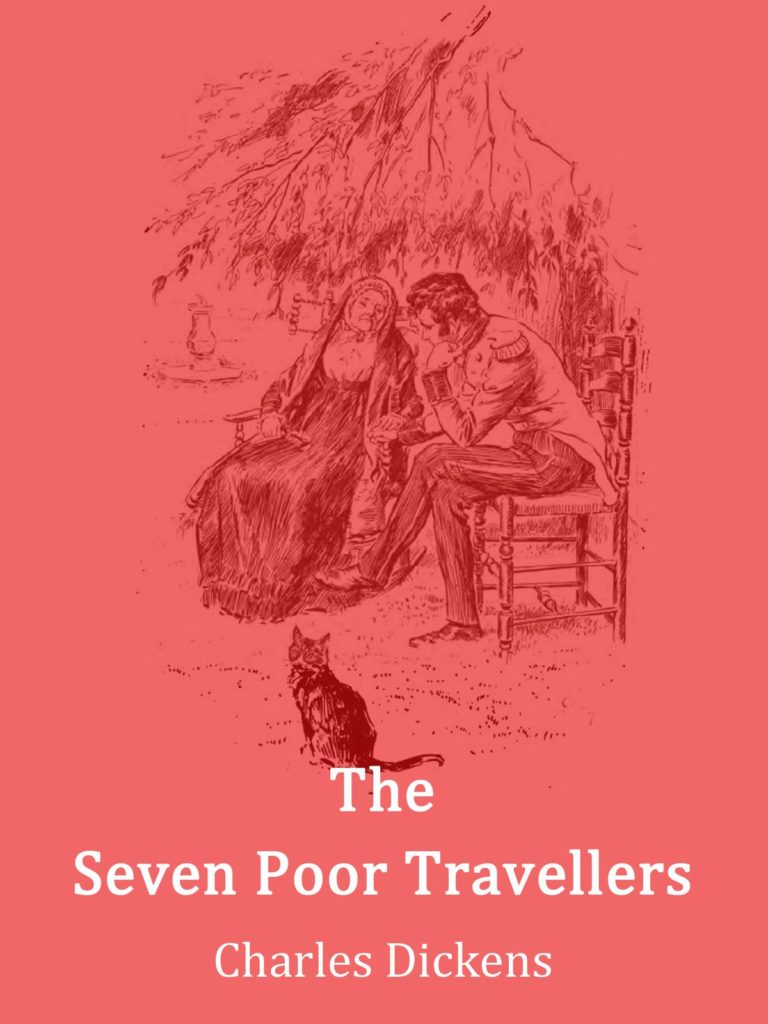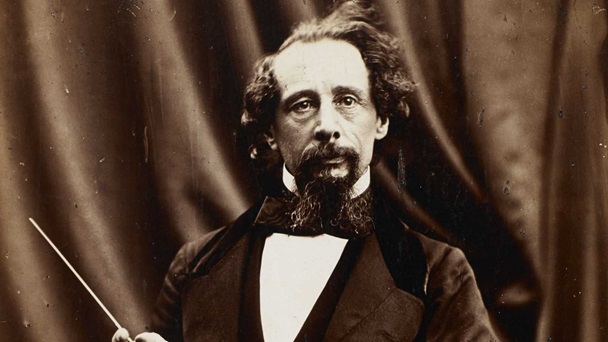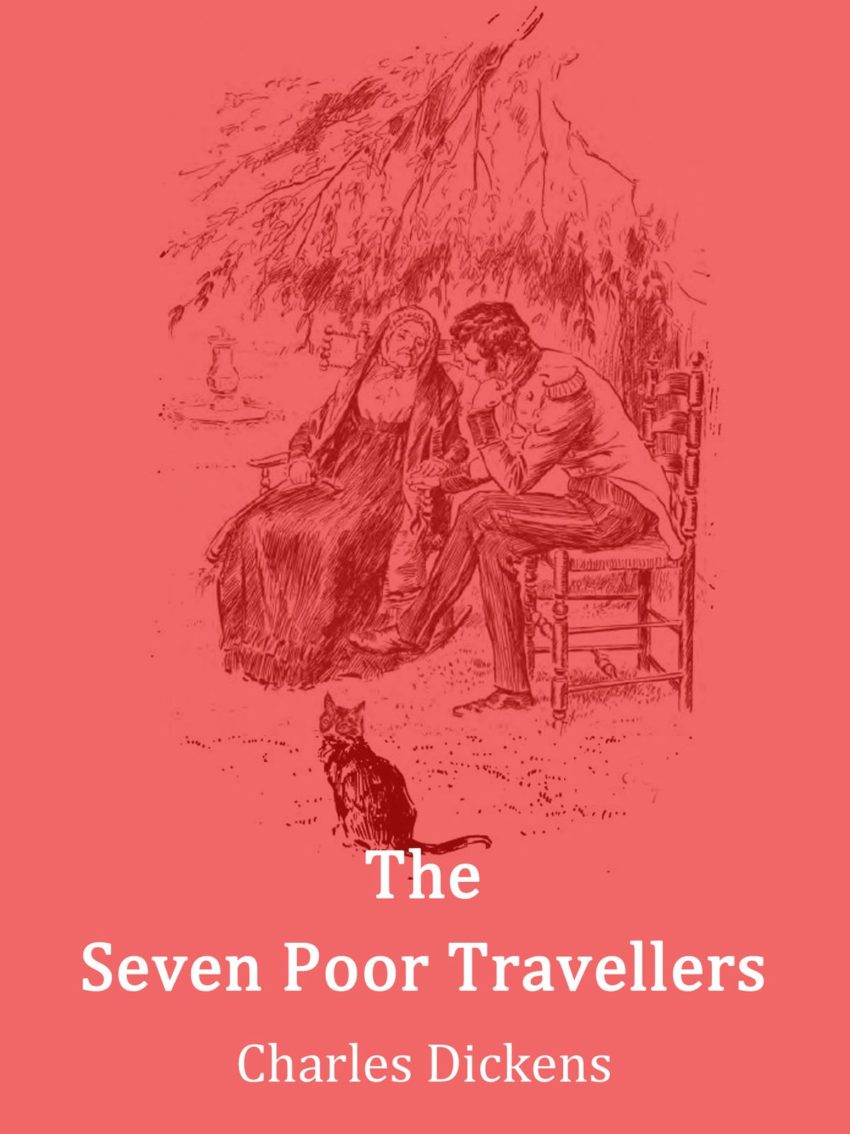Seven poor travellers in an incredibly rich compilation

It was on a blustery November morn when I furtively picked up The Seven Poor Travellers by Dickens. Furtive because I was cheating, you see. I already had a hardbacked companion in the night whose contents I had already started to greedily consume: ‘The Hitchhiker’s Guide to The Galaxy’. But something about a Dickens, however small, drew me to it. I tucked my erstwhile bedfellow away, behind a compendium of the History of Woking, and took the tiny spine in my hands to devour. Thus, began a most curious journey through a multimedium, multi-authored compilation of Victorian stories.
You’d be forgiven for not knowing this lesser known work by Dickens, such was the cornucopia of this prolific writer’s literary stock that by his death in June 1870, he had to his name 14 major novels, a number of novellas and over 30 short stories, plays, poems and articles. Nor was Dickens sole progenitor of the work, as George Augustus Sala, Wilkie Collins, Eliza Lynn and Adelaide Anne Procter, also contributed works respectively.

The tale was one close to Dickens’ heart, set in a workhouse in Rochester a genuine place known to him from childhood, it tells the tale of six unfortunates forced to board overnight in a cold, draughty building. The seventh ‘poor traveller’ is anything but, instead he detours from his journey to visit the workhouse and seeing the dilapidated conditions offers to put on a feast for the incumbents: his price, that each tell a story in turn. Wassail stirred, a mulled beverage traditionally drunk at Christmas, the tales began.
Stories in prose, in poetry, tragic or redeeming, out of poor mouths came rich tapestries of imaginary lives. From the poor Jewish jeweller fated to turn to stone at a heavenly gemstone market to Richard Doubledick former dastard latterly cut into heroic cloth, and latterly to the lawyer’s ‘true story’ of a blackmailer double dealt. The book ends as quickly as it begins, brief partings of erstwhile one-night friends, feted never to see each other again. The narrator walks the last part of his journey as alone as the reader who peruses it.
Dickens and his contributors deftly weft fables around fantastical lives, tales intended to escape the decrepit gables of their reality, but in a way, it fails: perhaps purposefully. The reader is ever conscious, despite the more fanciful tales, that these people had gained only a reprieve from hunger and privation, the stories cold comfort for empty stomachs.
The book is a product of its time, Dickens himself no less. The plight of the poor is bared, the literary scalpel concise in revealing the viscera of poverty, and the lens unflinching in its focus on this. Few authors capture as well as Dickens the endurance of the ‘deserving poor’, indeed, very few capture the reader’s attention so thoroughly either.
8/10 – Great expectations wholly met
